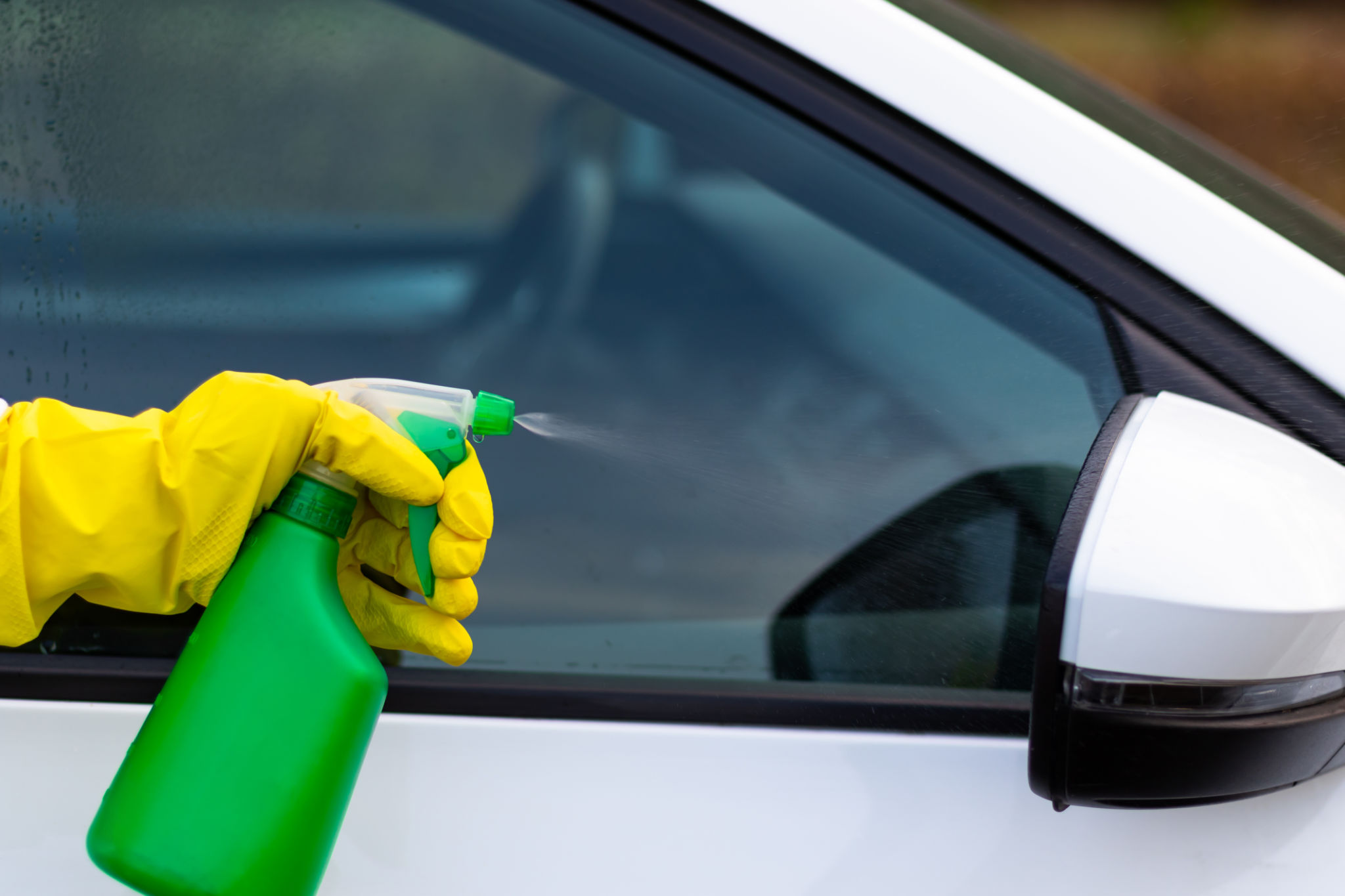Debunking Common Myths About Eco-Friendly Auto Cleaning
Introduction to Eco-Friendly Auto Cleaning
As environmental concerns continue to rise, many car owners are turning to eco-friendly auto cleaning methods. However, despite their increasing popularity, several myths persist about these green alternatives. It's time to set the record straight and debunk some of the most common misconceptions surrounding eco-friendly auto cleaning.

Myth 1: Eco-Friendly Means Less Effective
A prevalent myth is that eco-friendly cleaning products are less effective than traditional ones. This misconception is far from the truth. Modern eco-friendly auto cleaning solutions are formulated with powerful natural ingredients that can effectively remove dirt, grime, and stains without the harmful chemicals found in conventional products.
Many eco-friendly cleaning agents use plant-based surfactants and biodegradable materials that not only clean efficiently but also protect your car’s finish. In many cases, they perform just as well, if not better, than chemical-laden counterparts.
Myth 2: Eco-Friendly Products Are Too Expensive
Another common belief is that environmentally friendly products come with a hefty price tag. While it's true that some green products may cost slightly more upfront, they often provide better value in the long run. These products are designed to be concentrated, meaning you use less per wash, which ultimately saves money over time.
Moreover, the increasing demand for eco-friendly solutions has led to more competitive pricing, making them accessible to a broader audience.

Myth 3: Waterless Cleaning Isn’t Effective
Waterless car washes have gained popularity as a sustainable alternative, yet skepticism remains about their effectiveness. These products are designed to lift dirt and contaminants from the surface of your car without the need for rinsing. They are particularly suitable for light cleaning between full washes.
Waterless cleaners contain lubricants that encapsulate dirt particles, making them easy to wipe away without scratching your vehicle's paint. This method not only saves water but also reduces the risk of water spots and runoff pollution.
The Environmental Benefits
Choosing eco-friendly cleaning methods significantly reduces your environmental footprint. Traditional car washes can consume up to 150 gallons of water in a single wash, while waterless methods drastically cut this number. Additionally, eco-friendly products avoid harmful phosphates and other chemicals that can pollute waterways.
By opting for green cleaning practices, you're contributing to the protection of natural ecosystems and reducing the carbon footprint associated with automotive maintenance.

Making the Switch
If you're considering making the switch to eco-friendly auto cleaning, start by researching brands that prioritize sustainability and transparency. Look for certifications such as biodegradable labels or those endorsed by environmental organizations.
Implementing eco-friendly practices doesn't require a complete overhaul of your routine. Gradually replacing conventional products with greener alternatives can make a significant impact over time.
Conclusion
Debunking these myths about eco-friendly auto cleaning highlights the effectiveness, affordability, and environmental benefits of embracing green practices. As more consumers opt for sustainable solutions, the market continues to innovate and provide high-performing products that align with eco-conscious values.
Next time you wash your car, consider the positive impact of choosing an eco-friendly approach—not just for your vehicle but for the planet as well.